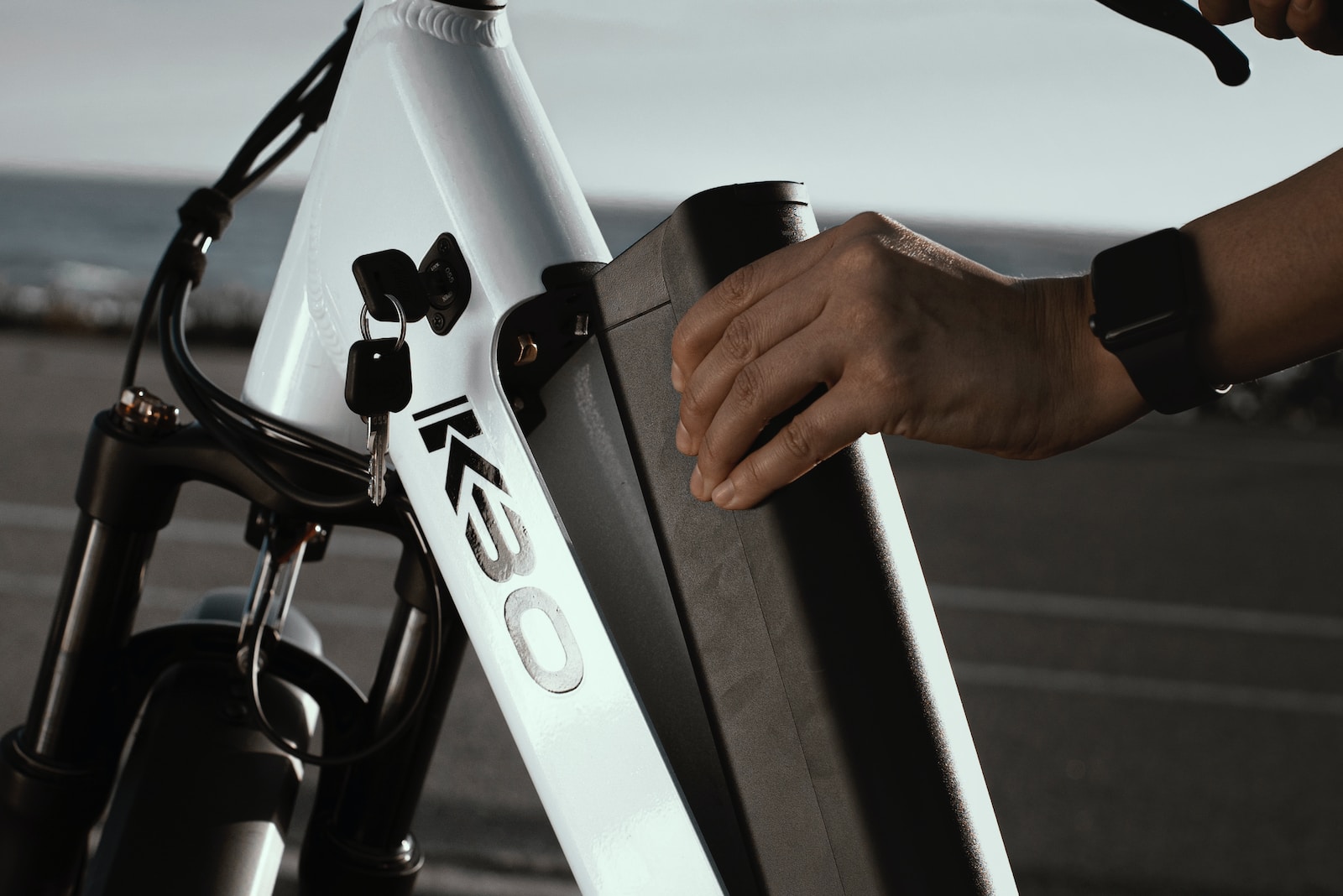Key Takeaway: Leaving your e-bike charging overnight can be risky and may lead to overcharging, overheating, and battery degradation. It’s important to follow best charging practices and utilize smart charging features if available to ensure safe and efficient charging.
E-bikes, or electric bikes, have gained immense popularity in recent years due to their eco-friendly nature and ability to effortlessly navigate through city streets. They are equipped with a battery-powered motor that assists the rider, making commuting and cycling much easier. However, as with any electronic device, it’s important to understand the best practices for charging e-bike batteries to ensure safety and longevity.
Battery Technology
Before we dive into the topic of leaving your e-bike charging overnight, let’s explore the battery technology used in e-bikes. Most e-bikes utilize lithium-ion batteries, which are known for their high energy density, lightweight design, and long lifespan. These batteries require specific charging requirements to maintain their performance and prolong their lifespan.
Charging Process
The charging process for e-bikes is relatively simple. Most e-bikes come with a dedicated charger that plugs into a standard electrical outlet. The charging time can vary depending on the battery capacity, but it typically takes between 3-6 hours to fully charge an e-bike battery.
It’s important to note that some e-bikes offer fast charging options, which can significantly reduce the charging time. However, fast charging should be used sparingly, as it can generate more heat and put additional stress on the battery.
Overnight Charging Concerns
Leaving your e-bike charging overnight may seem convenient, but it can have consequences. One of the main concerns is overcharging. Lithium-ion batteries are designed to stop charging automatically when they reach their maximum capacity. However, if a malfunction occurs, such as a faulty charger or battery management system, overcharging can happen and may lead to battery degradation or even a safety hazard.
Another concern is overheating. Charging batteries generate heat, and prolonged charging can increase the temperature. If the battery gets too hot, it can impact its performance and overall lifespan. Additionally, extreme temperatures can also affect the battery’s health, so it’s important to avoid charging your e-bike in excessively hot or cold environments.
Best Charging Practices
To ensure safe and efficient charging for your e-bike battery, here are some best practices to follow:
-
Refer to the manufacturer’s guidelines: Every e-bike model may have specific charging instructions, so it’s essential to read and follow the manufacturer’s guidelines. They will provide valuable information on charging times, temperature limits, and any additional precautions.
-
Avoid extreme temperatures: Extreme temperatures can harm the battery, so try to charge your e-bike in a moderate temperature environment. If it’s extremely hot or cold, consider waiting for a more suitable time to charge.
-
Utilize smart charging features: Some e-bikes come with smart charging features that automatically adjust the charging process based on the battery’s needs. These features can help prevent overcharging and optimize battery performance.
Battery Maintenance
Proper battery maintenance is crucial for maximizing the lifespan and performance of your e-bike battery. Here are a few tips to keep in mind:
-
Regular deep cycling: Occasionally, it’s beneficial to fully discharge and then fully recharge your e-bike battery. This process, known as deep cycling, helps recalibrate the battery’s capacity and can improve its overall performance.
-
Proper storage: If you’re not planning to use your e-bike for an extended period, it’s important to store it properly. Ideally, the battery should be stored in a cool and dry place with a charge level between 30-60%. This helps prevent self-discharge and maintains the battery’s health.
Additional Considerations
While charging your e-bike overnight is generally not recommended, there are a few additional considerations to keep in mind:
-
Impact on battery lifespan: Continuous overnight charging can gradually reduce the overall lifespan of your battery. If you want to maximize the longevity of your battery, consider charging it only when necessary and avoiding unnecessary overnight charges.
-
Using a timer or smart plug: If you prefer to charge your e-bike overnight for convenience, using a timer or smart plug can be a helpful solution. This allows you to set a specific charging duration and automatically cuts off the power once the charging is complete.
-
Using high-quality chargers: Investing in a high-quality charger specifically designed for your e-bike model can help ensure safe and efficient charging. Cheap or generic chargers may not provide the necessary voltage regulation and may pose a risk to your battery.
Conclusion
While leaving your e-bike charging overnight may seem tempting, it’s important to consider the potential risks involved. Overcharging, overheating, and battery degradation can occur if proper charging practices are not followed. By adhering to the manufacturer’s guidelines, avoiding extreme temperatures, and utilizing smart charging features when available, you can ensure safe and efficient charging for your e-bike battery. Remember, proper battery maintenance and periodic deep cycling are essential for maximizing the lifespan and performance of your e-bike battery. Stay informed, follow best practices, and enjoy the ride with your e-bike!
FAQs
Q: Can I leave my e-bike charging overnight occasionally?
A: While it’s generally not recommended, leaving your e-bike charging overnight occasionally is unlikely to cause significant harm. However, it’s important to monitor the charging process and ensure that the battery does not overcharge or overheat.
Q: Are there any benefits to using a smart plug for e-bike charging control?
A: Yes, using a smart plug can provide additional control over your e-bike charging process. You can set a specific charging duration and avoid unnecessary overnight charges, which can help prolong the lifespan of your battery.
Q: Can I use any charger for my e-bike battery?
A: It’s recommended to use a charger specifically designed for your e-bike model. High-quality chargers provide the necessary voltage regulation and safety features to ensure safe and efficient charging. Cheap or generic chargers may not offer the same level of reliability and can pose a risk to your battery.
References
- Battery University: BU-808: How to Prolong Lithium-based Batteries
- Electric Bike Report: How Long Does It Take To Charge An Ebike Battery?
- Ebike School: Everything You Need To Know About Electric Bike Charging



